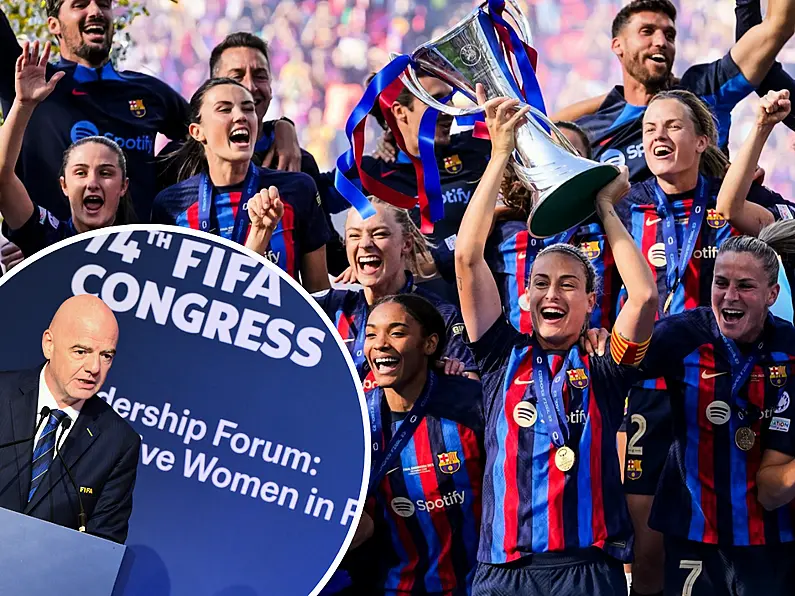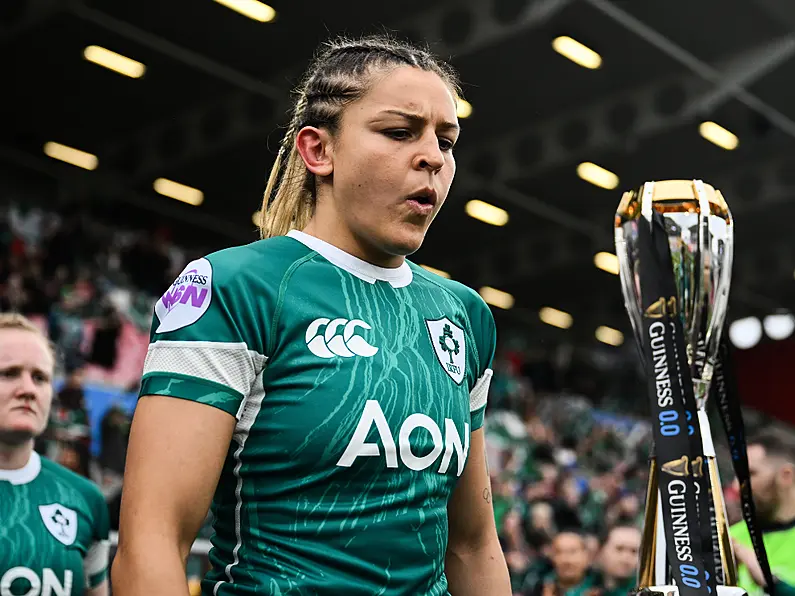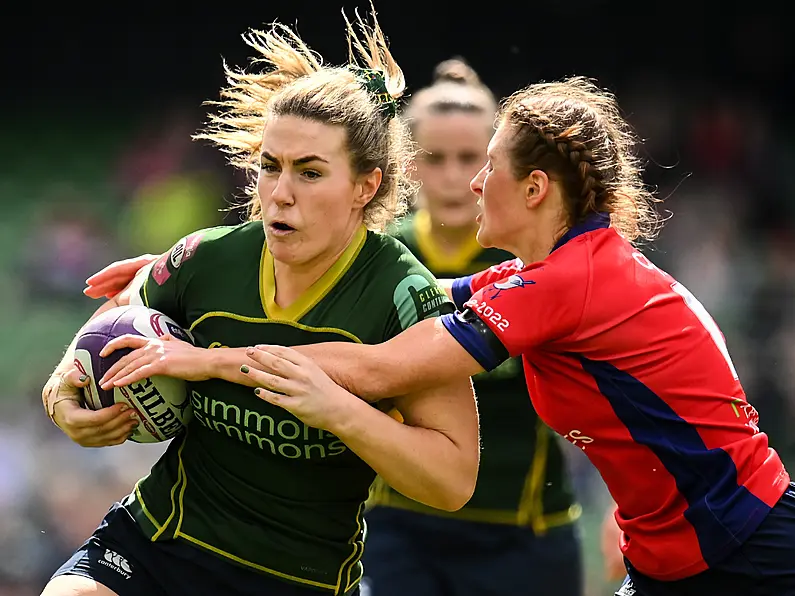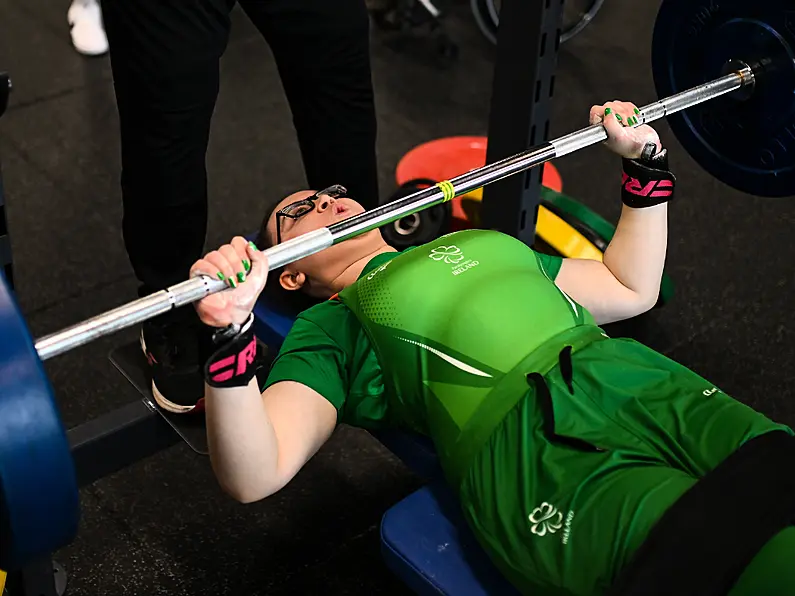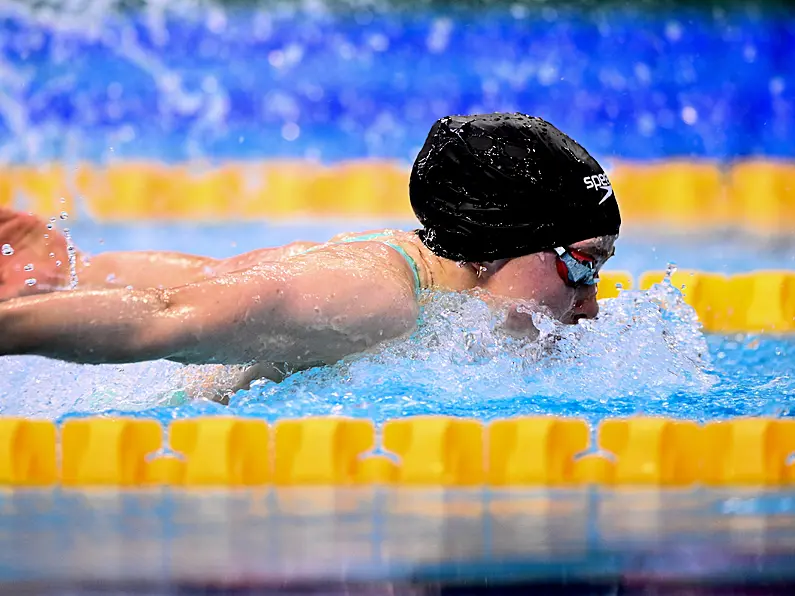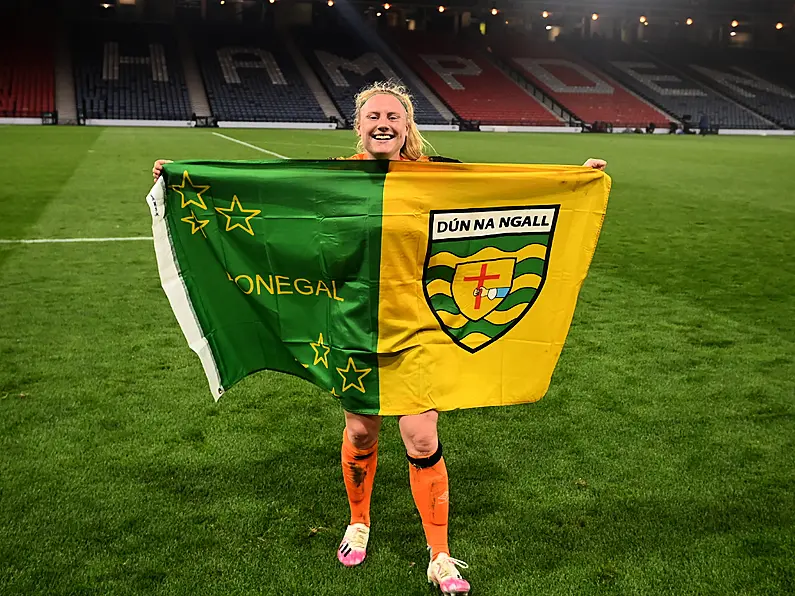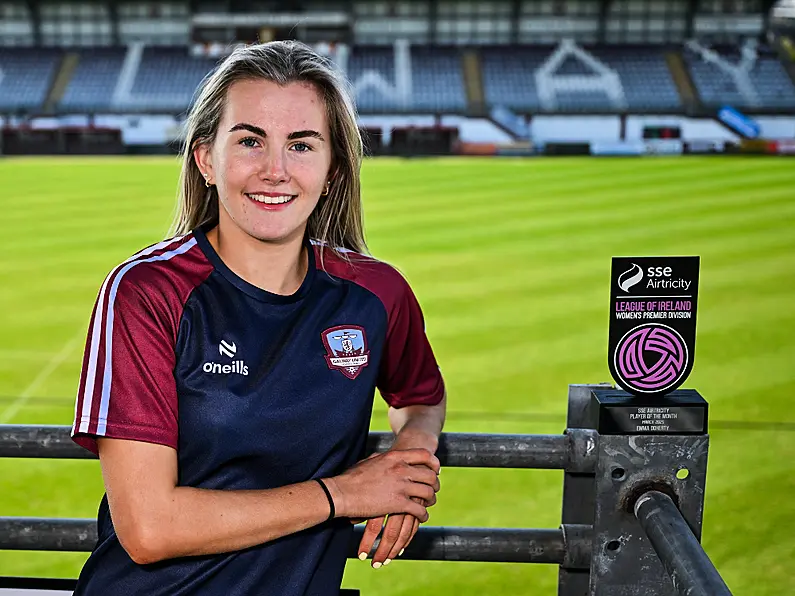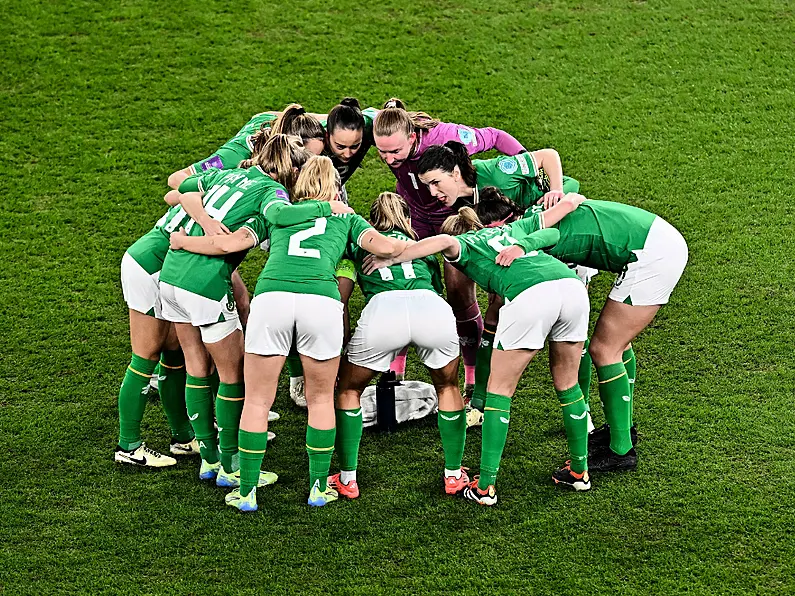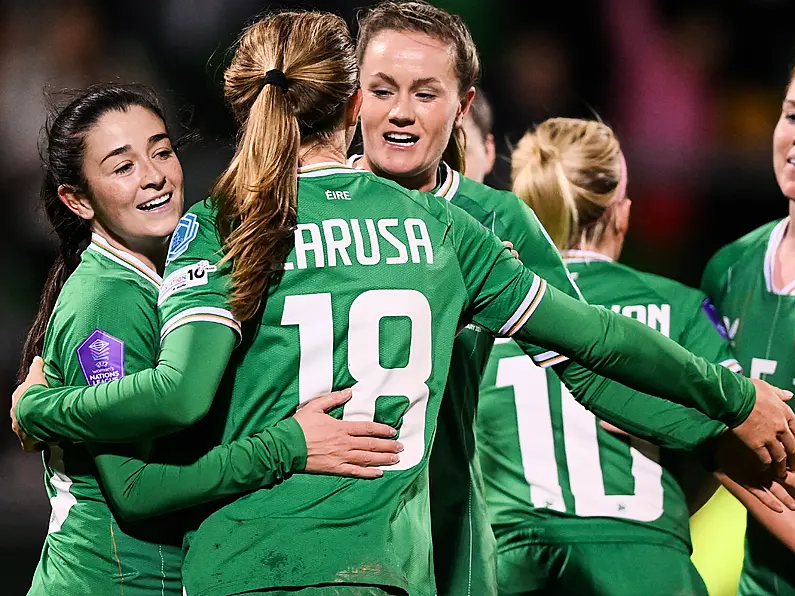FIFA has officially announced the dates for the first edition of the Women's Club World Cup, which will take place from January to February 2026. The tournament, set to feature 16 teams, will be held every four years thereafter, according to a statement released on Wednesday.
The idea for a Women's Club World Cup was first introduced by FIFA President Gianni Infantino in May 2021 as part of his vision to "revolutionize" the women's game.
"It's crucial, after the huge, huge success in Australia and New Zealand at the last [FIFA] Women's World Cup, where we had two million viewers in the stadiums [and] two billion around the world, that we build on that success to create new global competitions," Infantino said following the FIFA Council meeting held before the 74th FIFA Congress in Bangkok.
The FIFA Council also unanimously approved a new international match calendar aimed at providing more opportunities for rest and recovery for players and coaches. The congested schedule in women's football has been a significant concern, with rising numbers of injuries, particularly ACL injuries, highlighting the issue.
The compressed playing calendar, exacerbated by the COVID-19 pandemic, has put a strain on European teams. These teams have had to navigate a series of major tournaments, including the 2020 Olympics (held in 2021), the 2022 European Championships, the 2023 Women's World Cup, the 2024 Olympics, and another Euros in 2025.
Following England's failure to qualify for the 2024 Paris Olympics, team captain Leah Williamson expressed a sense of relief. "It's horrendous that one of the first things that popped into my head about the Olympics was, 'at least they'll probably all get another two or three years on their career now, because they'll get a summer off,'" she told the Telegraph. "Everyone needs a rest and now they'll get one."
"Nowadays we get to October and girls are saying, 'I'm tired,' because you're carrying so much from the previous season. We are driving ourselves into the ground with it, so some sort of solution needs to be found soon, in terms of the schedule, otherwise it's not sustainable."
Arsenal duo Beth Mead and Vivianne Miedema also recently announced their partnership with FIFA to delve deeper into the growing concern of ACL injuries plaguing women's football. Drawing from her personal experience, Mead echoed Chelsea manager Emma Hayes' observation that the transition period between club and country duties poses a heightened risk for ACL injuries:
“It’s funny how much knowledge you actually get throughout [ACL injury recovery]. I saw [Chelsea manager] Emma Hayes’ interview and I thought it was interesting what she said about the 10 days between swapping from club and country [being the most dangerous time for ACL injuries], Mead said.
“Mine was actually in that period. I’d just come back from England and transferred to club that weekend. I do believe the stress, mental components and the scheduling are big, big factors that affect this injury.”
Infantino further stressed the importance of the new match calendar in improving global competition: "The Women's International Match Calendar and the subsequent amendments to our regulations represent an important milestone in our pledge to take the women's game to the next level by enhancing competitiveness across the world".
FIFA Chief Women’s Football Officer Dame Sarai Bareman added, "This calendar is such a critical tool to ensure we continue to drive global professionalization of women’s football. In many parts of the world, international football provides crucial top-flight playing opportunities for female players, and this is particularly the case in nations where domestic leagues are not yet fully professional. This calendar strikes a balance to enable the domestic and international games to grow side by side, while at the same time ensuring players will have more opportunities to rest, recover, and re-train between windows and following major tournaments."
